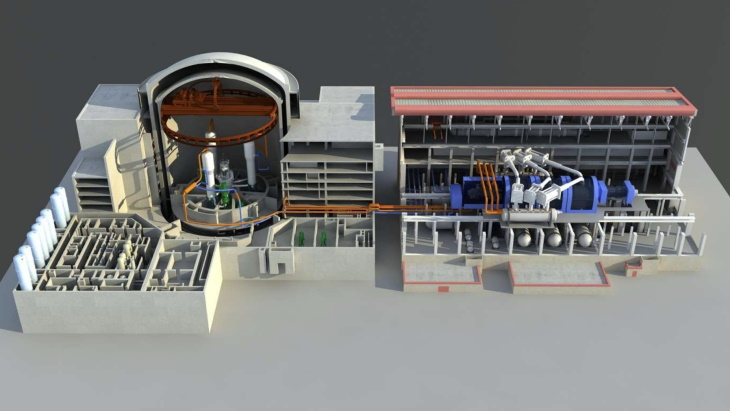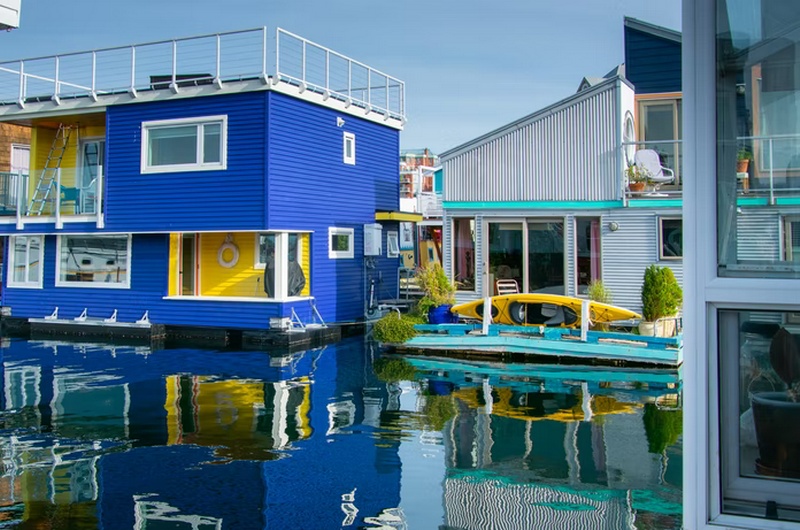February 8 NEC Energy News
¶ “UK Regulators Approve China’s UK HPR1000 Design” • The UK HPR1000 reactor is suitable to build in the UK, the Office for Nuclear Regulation and the Environment Agency concluded. It is of the Hualong One design. A subsidiary of EDF and China General Nuclear, General Nuclear Services, proposes to build it in Bradwell, England. [World Nuclear News]

¶ “Governor Introduces Legislation To Spur ‘Micro’ Nuclear Reactors In State” • Alaska Governor Mike Dunleavy introduced legislation that would streamline the state’s process for approval of siting for small nuclear reactors. The bill would facilitate use in Alaska of “micro-reactors,” a generation of very small reactors now under development. [Anchorage Press]
¶ “More Cities Transitioning To 100% Renewable Energy!” • Los Angeles County, Beverly Hills, and Redondo Beach decided to go up to 100% renewable energy as the default rate beginning in 2022. By the end of this year, more than 2 million people will be receiving 100% renewable energy in Los Angeles and Ventura counties! [Sierra Club Angeles Chapter]
¶ “Preparing For Category 6 Hurricanes, A New Facility Will Test Winds Of 200 MPH And Storm Surge” • The 12-fan Wall of Wind at Florida International University is used as a test site for engineering against tornadoes, hurricanes, and other types of windstorms. It can generate winds of 160 MPH. Unfortunately, that isn’t enough anymore. [CNN]
¶ “Why The Dutch Embrace Floating Homes” • With sea levels rising and supercharged storms cause waters swelling, floating neighborhoods offer an experiment in flood defense that could allow coastal communities to better withstand climate change. In the land-scarce but densely populated Netherlands, demand for such homes is growing. [BBC]

¶ “The Wacky Untaxed World Of Jet Fuel Is Coming To An End” • For something that produces 2-5% of global CO₂ emissions depending on how you count it and who you ask, you’d think that aviation fuel would be a commodity that every country taxed heavily, especially more rational entities like the EU. But that’s just not true. [CleanTechnica]
¶ “Nissan To End Internal Combustion Engine Development … Sort Of” • ArsTechnica says Nissan will stop developing internal combustion engines, except for the US market, where demand for gasoline-powered engines is insatiable, particularly for large SUVs and pickup trucks. Engines that meet EU emissions levels are too expensive. [CleanTechnica]
For more news, please visit geoharvey – Daily News about Energy and Climate Change.
